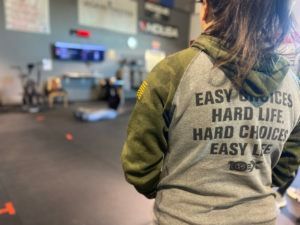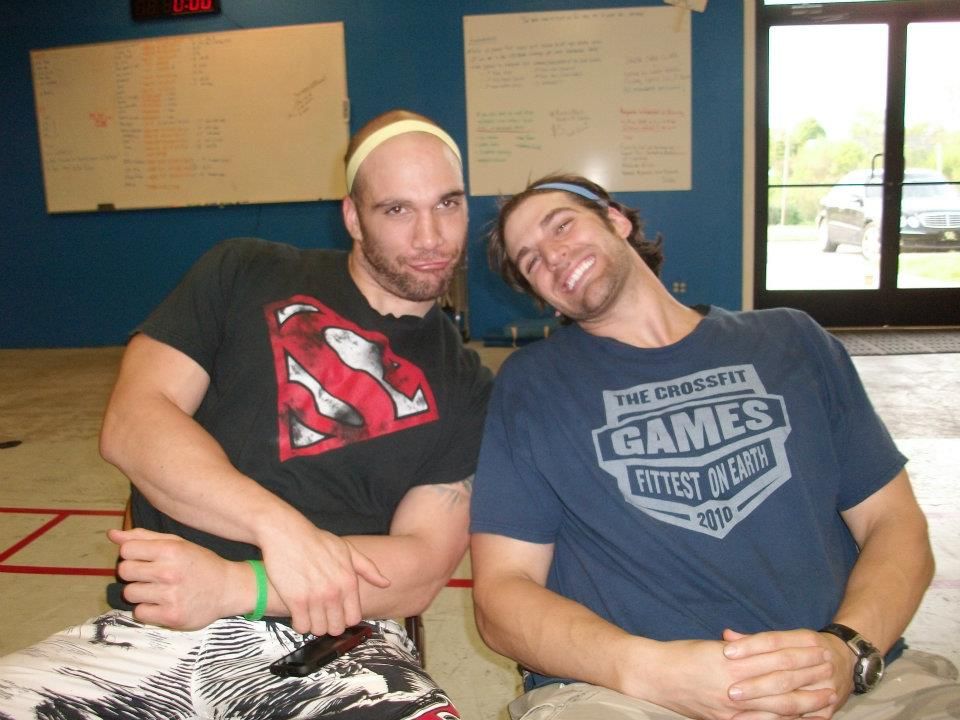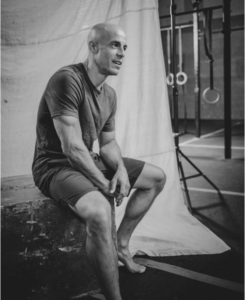Blog
Recent Posts

By affiliateadmin
•
10 Feb, 2022
Disclaimer: This may not be for the novice reader/exerciser. However if you are truly looking to invest the time to learn your body, this will help you. Brace yourself for a deep dive as what follows is sure to lead you down the proverbial rabbit-hole toward better mobility and improved body mechanics both in and outside ...
The post Mobility for Weightlifting appeared first on 10 Experience.

By affiliateadmin
•
02 Jan, 2021
[et_pb_section][et_pb_row][et_pb_column type=”4_4″][et_pb_text] With each new year at 10 Experience, we aim to challenge our members and ourselves to sharpen our minds, our habits and our lifestyles. To whittle away at a #10exlife. The Outlier Challenge provides precisely that structure. Like previous challenges, this year’s version takes a fresh approach to the general blueprint we know ...
The post 2021 Outlier Challenge appeared first on 10 Experience.

By affiliateadmin
•
20 Jul, 2020
Lessons from the Book of Our History The present is the past rolled up for action, and the past is the present unrolled for understanding. – Will Durant In 2010, two bonehead kids leapt from a plane without much of a parachute or any real understanding of how to safely land. By a stroke of ...
The post 10 Rules for Gym Life appeared first on 10 Experience.

By affiliateadmin
•
30 Jun, 2020
If you’re familiar with the original ideas behind CrossFit (the idea that we as a business fell in love with), you know about hard work, community, self-improvement, acceptance and all things the like. Charging towards health and wellness via voluntary hardship and sweat equity is the surface level idea. Look one layer deeper and ...
The post CrossFit at a Crossroads appeared first on 10 Experience.
By affiliateadmin
•
27 Mar, 2020
Hope Floats and a 10ex Rolodex What do you get when you combine a roller coaster, a cliffhanger drama, and murder mystery? You get the month of March 2020. And you can begin to encapsulate the last few weeks for planet earth. The emotional spectrum ran full-bore through all of us with a pulse. The ...
The post April ‘s Outlook appeared first on 10 Experience.

By affiliateadmin
•
05 Oct, 2019
SCENE: A local artisan donut shop buzzing with happy patrons. Sweet and savory smells fill the air accompanied by the grate of freshly roasted coffee beans. It’s a place engineered specifically for the sensations. It’s a foodie’s dream. Enter: HEALTH-MINDED COUPLE, DONUT SHOP ATTENDEE DONUT SHOP ATTENDEE: (speaking to newest patrons) Hi! Welcome to ...
The post Donuts + Decision Fatigue: A Secret Success Formula appeared first on 10 Experience.
By 321go
•
01 Jul, 2019
Most of us have an area in our life we wish we were performing better in. That part of us that doesn’t quite fit into our own skin. It could be a touchy subject that our spouse and friends know to steer clear of, the elephant in the room. It could be the promotion you ...
The post Test Post appeared first on 10 Experience.

By affiliate
•
25 Apr, 2019
In the past, we’ve discussed the difference between fitness as sport and fitness as a life-long pursuit – these are starkly different end games. If you find yourself in the ‘fitness as sport’ camp, these following opinions of mine (and others) are of lesser concern. However, should you find yourself in the ‘live long and ...
The post The Immortal Jellyfish and You: A Blueprint to Live Long and Prosper appeared first on 10 Experience.

By affiliate
•
14 Feb, 2019
You made it! Only a few weeks of Winter’s gloom remain and the end of the Outlier Challenge is already upon us. Wasn’t it a quick 6 weeks? With each year’s Challenge, we attempt to deliver a fresh package of full-bodied human (10) experience. Likely, that meant a bit of mental and physical stretching for ...
The post The Threads of Ariadne: A Love Letter to End the Outlier Challenge appeared first on 10 Experience.

By affiliate
•
16 Sep, 2018
Whether you have dealt with this problem from a distance or up close, cancer has come up on your radar at some point in your life. Truth is, technically speaking, you have cancer right now. There are cancerous cells all in our bodies, that are only triggered/turned on when a fragmented version of our DNA ...
The post Movement…The answer to Cancer? appeared first on 10 Experience.

By affiliate
•
19 Aug, 2018
On a rainy weekend in the fall of 2009, a handful of unhappy kids stole away to a cabin to vacate their life. As you’d imagine, they followed standard Sevier County cabin protocols. They ate, drank and made general merriment. But as the day grew dark, so too did the color of their thoughts. They waxed a bit ...
The post Conspiracy in a Cabin appeared first on 10 Experience.

By affiliate
•
15 Aug, 2018
Like clockwork, the seasons change, time sneaks by, and despite it seeming like just yesterday since your last, Doc Rx informs you that your annual lipid panel has been ordered. Fear sets in, but you can’t quite decide if the fear is spawning from a razor-sharp needle, soon to pierce your self-proclaimed thick skin, or ...
The post Case 423: Cholesterol v. The People appeared first on 10 Experience.
Ready to get started? Join 10 Experience now!
Quick Links
Contact
Morristown: 423-231-0739
Bristol: 423-621-0088
10Experience Morristown
10 Experience Bristol

